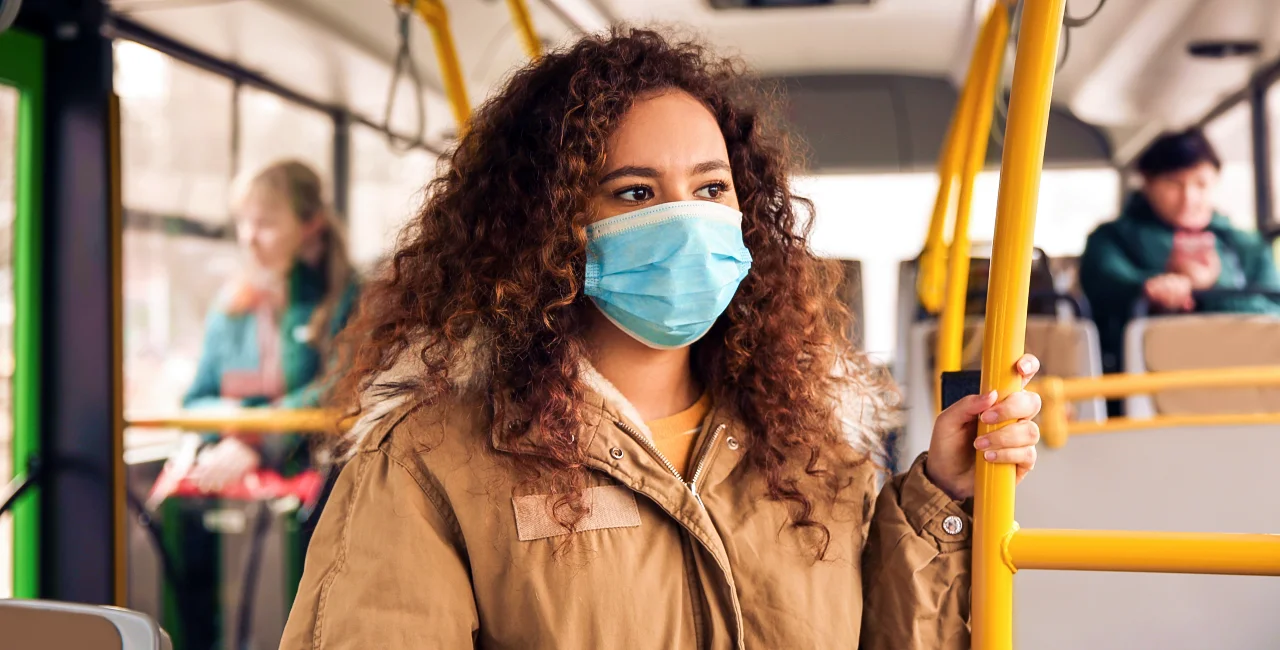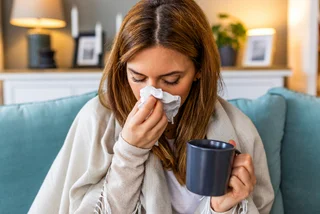If you’ve recently heard about a surge in “walking pneumonia” cases or know someone recovering from it, you’re not alone. These infections, often caused by mycoplasma pneumonia, are making headlines across the globe, including in the U.S., Asia, and Europe, where cases linked to this bacteria have risen dramatically.
Mycoplasma infections are currently spreading far more than viruses in the Czech Republic, accounting for around forty percent of all respiratory infections in recent weeks, reports the National Institute of Health (NHS).
M. pneumoniae is a unique bacterium that causes respiratory illnesses ranging from mild cold-like symptoms to severe infections like bronchitis and pneumonia. It’s often called “walking pneumonia” because the symptoms can be mild enough for people to continue their daily routines despite being sick.
Walking pneumonia or white lung syndrome?
The bacteria spreads through respiratory droplets, especially in crowded schools and offices. While anyone can catch it, children and teens aged 5–17 are particularly susceptible. Symptoms of M. pneumoniae infections can vary but often mimic a common cold or flu: persistent cough, low-grade fever, fatigue, sore throat, and headaches.
In more severe cases, such as walking pneumonia, symptoms may also involve chest discomfort, shortness of breath, and white spots visible on lung X-rays (in Czechia, the illness is called “white lung syndrome,” bílé plíce).
Unlike most bacteria, M. pneumoniae lacks a cell wall, which makes it highly adaptable and more challenging to treat.
“This structure allows it to infiltrate the body’s defense barriers more easily,” says Roman Prymula, a leading epidemiologist, who attributes lowered immunity brought on by the Covid-19 pandemic to its spread. The illness also renders certain antibiotics, like penicillins that target cell walls, ineffective, Prymula adds.
Difficult to treat, short recovery time
Instead, doctors may prescribe alternative antibiotics, such as macrolides or fluoroquinolones. However, not all cases require medication. “The body’s immune system often manages to fight off the infection on its own,” says Prymula. Rest, hydration, and over-the-counter medications can also help alleviate symptoms.
Walking pneumonia usually resolves within a week or two, but severe infections may require longer recovery times or additional medical intervention.
To reduce your risk of contracting Mycoplasma pneumoniae or other respiratory infections, the NHS recommends frequent handwashing with soap and water, regularly ventilating rooms, using disposable tissues, and wearing a respirator in high-risk settings like hospitals or crowded indoor areas. Feeling unwell? Stay home.
“Protecting yourself is about more than just avoiding illness—it’s also about limiting the spread to others,” says Matyáš Fošum, Director of Public Health Protection at the Czech Ministry of Health.












 Reading time: 2 minutes
Reading time: 2 minutes 

























